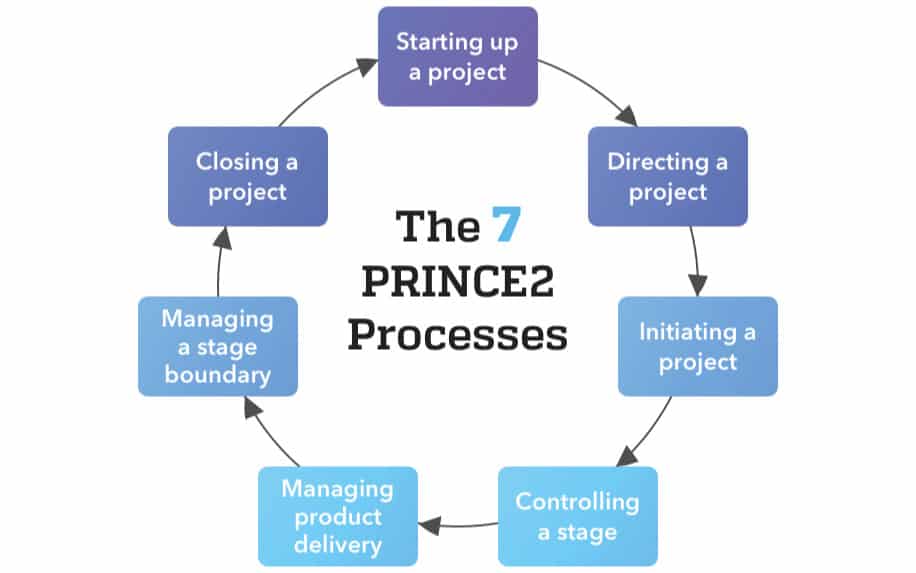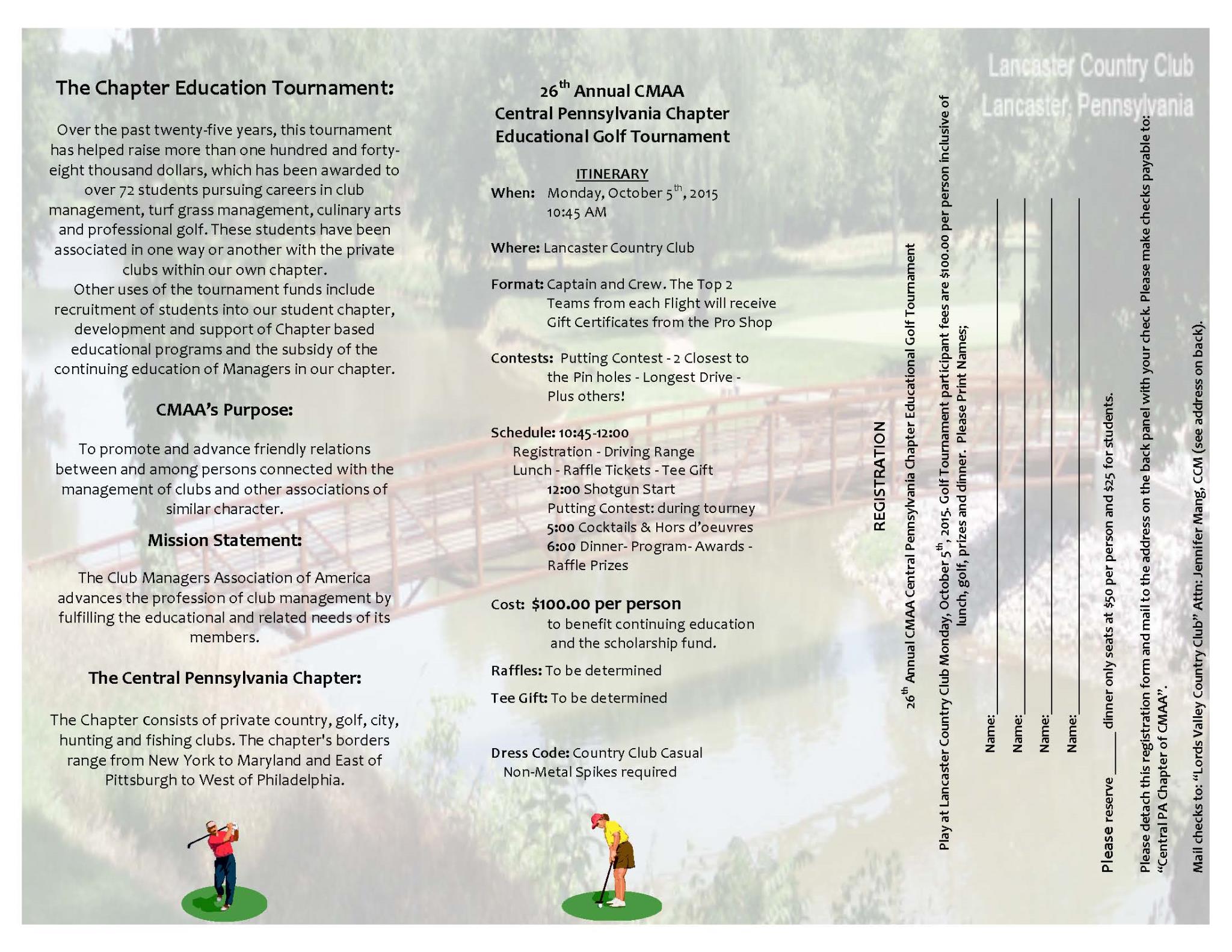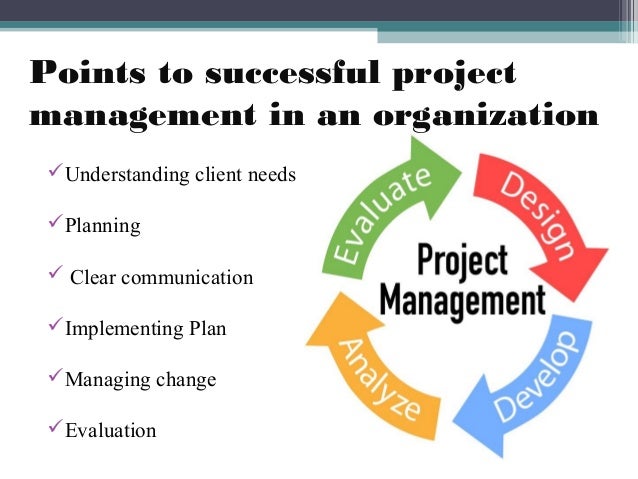
On-the job experience is the best way of learning about different skill levels in human resources. This will allow you to gain practical experience in HR and make you more confident in your everyday responsibilities. You can also learn more about HR by reading materials or using tools. Practice makes perfect. You can improve your skills in HR by bookmarking the pages you are interested in using CTRL or Command+ D. LinkedIn is a fantastic resource for tips and tricks to build a team.
Levels of skill human resources
An international company requires that human resources professionals understand cultural norms at work. Indian culture encourages promotions every year, while Western culture promotes people every three - five years. Chinese workers may spend the Chinese New Year abroad and not return to work until it is over. For this reason, it is important for HR professionals to understand cultural differences.
HR professionals also need soft skills. They must be able take swift decisions and protect the company’s interests. These decisions must be made with respect for employees and without discrimination. Many employees are afraid of asking for personal time because they are worried that their managers will find them uncommitted, lazy, irresponsible, etc. Human resources professionals should be able and willing to manage these employees in a fair way.

Communication skills
A key part of any HR career is the ability to communicate effectively. You can learn communication skills through a training course, even though it may be difficult to do so on your own. This training will help you to improve your professional and interpersonal skills as well as increase self-awareness. It will also help you to understand different communication styles and how they can be used. In the course of the course, you will learn how to deal with conflict and influence others.
HR professionals should be able to listen and seek out employee feedback. Sometimes these informal conversations lead to new ideas or improvements that can be made to policies. You might want to consider changing the policy if your employees complain about it on a daily basis. Your communication skills will improve if you are organized and have a curiosity about your employees. You can bookmark a website to save it to you computer if you don't feel comfortable writing.
Organizational skills
Good organization skills are essential to succeeding in any industry, and showcasing them in your resume can help you improve your chances of landing a great job. These skills include managing time, organizing meetings, managing office materials inventory, creating useful cross-team documents and many more. Other key skills include being a self-starter. You should also show your organizational skills beyond your resume. You should continue to show these skills throughout the interview process.
You can demonstrate your organizational skills in various ways - on your cover letter, resume, and in the interview. It will depend on the job that you are applying for and what skills you have. List all your skills in your resume and work history. Then, in your cover letters, highlight the ones you are most proficient at. Your skills can make a strong impression during interviews.

Emotional intelligence
It's possible to improve employee engagement, productivity, and motivation by investing in emotional Intelligence Training. This skill is extremely valuable for companies as it helps employees to cope with work-related stresses. As a human resources professional, you can help employees develop their emotional intelligence through training programs and other resources. Find out more about the advantages of emotional intelligence training. Don't worry, these programs don't only benefit HR professionals. They can also be of benefit to all employees in your company.
Intrinsic motivation is an important component of emotional intelligence. People with high EQ will pursue their goals for their own good. They're also more likely to persist and achieve their goals. This type of personality is common for highly successful people. It's also a skill that can easily be learned. In fact, some companies even encourage employees to develop this skill through training. Here are some tips to improve your emotional intelligence.
FAQ
What are the main four functions of management
Management is responsible to plan, organize, direct, and control people and resources. It includes creating policies and procedures, as well setting goals.
Management helps an organization achieve its objectives by providing direction, coordination, control, leadership, motivation, supervision, training, and evaluation.
The four main functions of management are:
Planning – Planning involves deciding what needs to happen.
Organizing – Organizing means deciding how to organize things.
Directing - Directing means getting people to follow instructions.
Controlling - Controlling means ensuring that people carry out tasks according to plan.
How do we build a culture that is successful in our company?
A successful company culture is one that makes people feel valued and respected.
It is based on three principles:
-
Everybody has something to offer.
-
People are treated fairly
-
Respect is shared between individuals and groups
These values are reflected in the way people behave. For example, they will treat others with courtesy and consideration.
They will listen to other people's opinions respectfully.
They can also be a source of inspiration for others.
Company culture also encourages open communication, collaboration, and cooperation.
People feel safe to voice their opinions without fear of reprisal.
They understand that mistakes can be forgiven as long as they're dealt with honestly.
The company culture promotes honesty, integrity, and fairness.
Everyone understands that the truth is always best.
Everyone recognizes that rules and regulations are important to follow.
No one is entitled to any special treatment or favors.
What are the steps of the management decision-making process?
Managers face complex and multifaceted decision-making challenges. It involves many factors, such as analysis and strategy, planning, execution, measurement, evaluation, feedback etc.
Management of people requires that you remember that they are just as human as you are, and can make mistakes. As such, there is always room for improvement, especially if you're willing to put forth the effort to improve yourself first.
In this video, we explain what the decision-making process looks like in Management. We discuss the different types of decisions and why they are important, every manager should know how to navigate them. You'll learn about the following topics:
What is Six Sigma?
It's a method for quality improvement that focuses on customer service as well as continuous learning. The goal is to eradicate defects through statistical techniques.
Motorola invented Six Sigma in 1986 as part its efforts to improve manufacturing.
The idea spread quickly throughout the industry, and today, many organizations are using six sigma methods to improve product design, production, delivery, and customer service.
What's the difference between leadership & management?
Leadership is about inspiring others. Management is about controlling others.
A leader inspires others while a manager directs them.
A leader motivates people to achieve success; a manager keeps workers on task.
A leader develops people; a manager manages people.
Statistics
- The BLS says that financial services jobs like banking are expected to grow 4% by 2030, about as fast as the national average. (wgu.edu)
- The average salary for financial advisors in 2021 is around $60,000 per year, with the top 10% of the profession making more than $111,000 per year. (wgu.edu)
- Our program is 100% engineered for your success. (online.uc.edu)
- The profession is expected to grow 7% by 2028, a bit faster than the national average. (wgu.edu)
- Hire the top business lawyers and save up to 60% on legal fees (upcounsel.com)
External Links
How To
How can you apply the 5S in the office?
The first step to making your workplace more efficient is to organize everything properly. A tidy desk, a clean room and a well-organized workspace will help everyone be more productive. To ensure space is efficiently used, the five S's (Sort Shine, Sweep Separate, Store and Separate) are all essential. These steps will be covered one-by-one and how they can work in any kind of setting.
-
Sort. Get rid of clutter and papers so you don't have to waste time looking for the right item. You should place things where you are most likely to use them. Keep it near the spot where you most often refer to it. Also, consider whether you really need it. If it isn't useful, get rid!
-
Shine. Keep your belongings tidy and organized so you can spend less time cleaning up afterwards. You should get rid of any items that could be harmful or cause injury to others. For example, if you have a lot of pens lying around, find a way to store them safely. A pen holder is a great investment as you won't lose your pens.
-
Sweep. To prevent dirt buildup on furniture and other items, clean them regularly. You may want to invest in some dusting equipment to ensure that all surfaces are as clean as possible. You can even set aside a specific area for sweeping and dusting to keep your workstation looking tidy.
-
Separate. Separate your trash into multiple bins to save time when you have to dispose of it. Trash cans are placed in strategic locations throughout the office so you can quickly dispose of garbage without having to search for it. Make sure that you take advantage of this location by placing trash bags next to each bin so that you don't have to dig through piles of trash to find what you need.